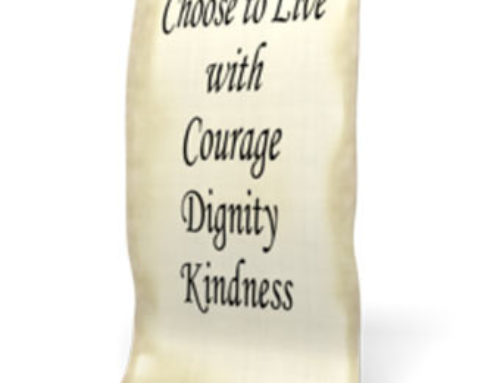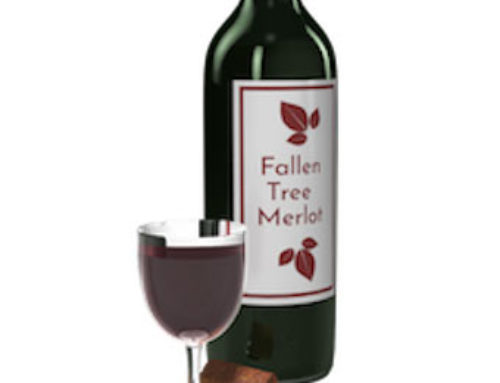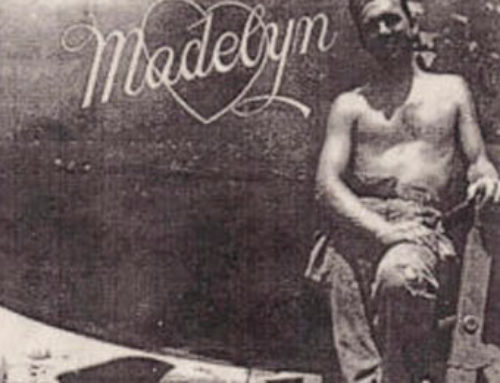Q & A with Elaine Video Series #4
According to the National Center for Assisted Living, there are more than 28,000 assisted living facilities in the US providing care for more than one million people. In addition, there are approximately 15,600 skilled nursing facilities that are caring for 1.7 million individuals.
People often find themselves in a situation where they have to choose a long-term care quickly, as I did when my 80-year-old Aunt Jean broke her hip. After surgery, the hospital social worker told me that I would need to put Jean into a skilled nursing facility for short-term rehab. I had two days to make arrangements.
I said, “Okay. Which one do you recommend?”
She told me she wasn’t allowed to give recommendations. She could only give me a list of skilled nursing facilities that had beds available, and then it would up to me to me to decide where to send her.
After I got the list, I asked if she could tell me which one she would choose if her mother needed short-term care.
She said, “I can’t tell you that. You will just have to go visit each one and make your own decision.”
Not knowing what questions I should ask, I ended up selecting the rehab facility with the nicest carpet and the prettiest drapes. Jean got good care, and she had a successful recovery, but I quickly realized that I could have made a better choice for her if I had been more knowledgeable about how the facility was managed.
Based on that experience and a significant amount of research, I developed a checklist to help other people make more informed decisions. If you would like to receive a free PDF of this form, please send me an email at Elaine@EKSanchez.com, type LTC Checklist in the subject box, and I will send it to you right away.
If I am ever in this position again, and if I don’t have time to visit several places, I will use a senior referral service or a geriatric care manager to help me make a good decision. You can find people in your area who provide these services by Googling ElderCareLocator and entering your zip code.
Just so you know, senior referral services generally provide the service to you at no charge They receive a commission from the facility. You would pay for a geriatric care manager from your own funds.
Here are some questions I would ask to make sure I am hiring a qualified person:
- Do you live in the same town as the facility?
- Do you visit the places you recommend on a regular basis?
- Which facilities have the best food?
- Which ones have the least amount of turnover?
- Which places do a better job of training and retaining staff?
- What do the families of these communities say about the care their loved one is receiving?
- What are the most frequent compliments?
- What are the most frequent complaints?
- Can you provide me with a list of families you have helped so I can contact them?
- How do you get paid?
- What would you do if you didn’t have a commission agreement with a facility that you believed would be the best fit for my family member?
- What happens if you help me place my loved one in a facility, and it doesn’t work out?
- Are you a locally owned and run organization or are you a national referral agency?
- What can you do to help me and my family member that other organizations in your same industry cannot do?
Although there can be a significant amount of difference in amenities, quality of care, and comfort, my experience has been that the largest percentage of people who work in this field are compassionate, kind, and genuinely care about doing what is best for their residents.
My appreciation of nursing home staff members began over 30 years ago when my 93-year-old Grandpa Stan died, and our family experienced an unexpected act of respect and kindness from the woman who did Grandpa’s laundry. Please click on this link if you’d like to watch the video, “Grandpa Stan and the Laundry Lady.”
I always enjoy hearing from you. If you have questions or comments, please write it in theComment Box below or send me an email at Elaine@EKSanchez.com.




